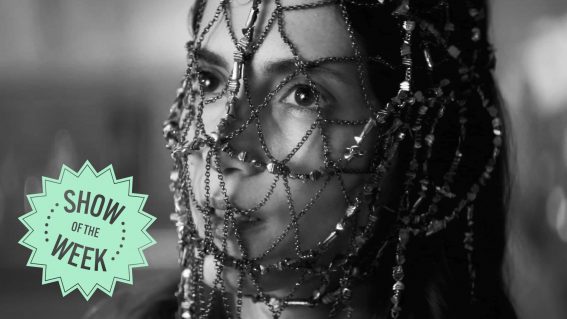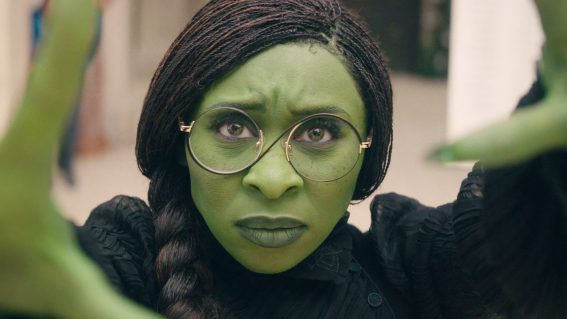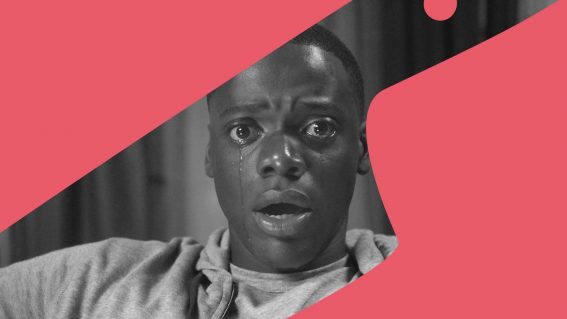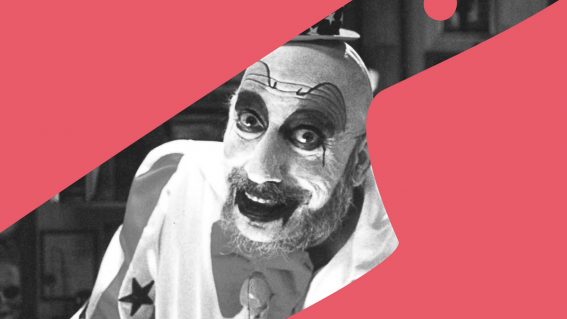The Deadpool conundrum: do I like this film, or hate it with the fire of a thousand burning suns?
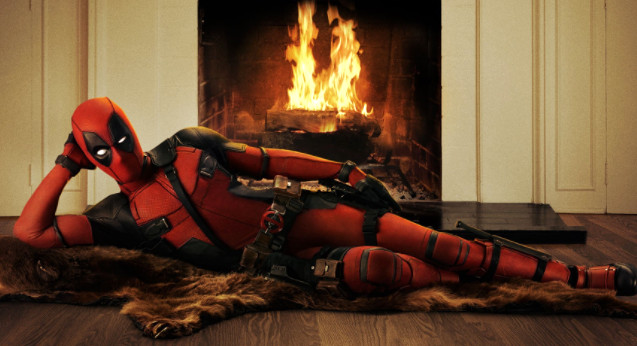

Are we about to enter a new, sense-obliterating period of movie marketing saturation? Will our eyeballs explode and our eardrums perforate, because of the antics of a whiny blunderbuss in a black and red bodysuit? This is another way of saying: Deadpool 2 arrives in cinemas next month, so expect a biblical flood of irreverent advertisements starring the so-called ‘merc with a mouth’ superhero (played by Ryan Reynolds).
The carpet bombing campaign for the first movie incorporated billboard-sized representations of the poo emoji, a Deadpool Tinder account and countless memes, viral videos and TV spots. Its legacy is to blur the line between ‘marketing’ and ‘trolling’.
Given a similar onslaught is presumably in the mail for the sequel, I figured now was a good time to revisit the 2016 original with the following question in mind: do I quite like this film, or do I hate it with the fire of a thousand burning suns? An extreme way to scale one’s response, granted, yet I’ve found myself asking this question whenever exposed to the Deadpool brand.
The titular character is truly annoying: a loudmouthed, wisecracking prankster and braggart, whose show ponying behaviour is unrelenting and all-consuming – as subtle as a bucket of mud dropped on your face. There’s also something undeniably different, perhaps even refreshing about the film that captures his misadventures, with its chaotic energy, thundering self awareness and irony-dripping humour.
In my review of the original I described the jive-spouting antihero as “like a less effective, costume-clad Rodney Dangerfield,” awarding it two and a half stars. I can’t help but now feel a little disappointed by my sitting-on-the-fence appraisal, as if Deadpool‘s overpowering personality caused my slightly younger self to throw up my hands and say ‘it’s all too hard’. Would a rewatch push me away from equivocation?
What is the point of acknowledging a stereotype, if recognition doesn’t lead to anything? Merely observing something is not the same as satirising it.
The film’s now-famous opening credits incorporate mention of various superhero stereotypes. In a freeze-frame opening shot, director Tim Miller crawls around bodies embroiled in a car crash, revealing various sight gags (like Deadpool giving a man a wedgie) as the tableau is gradually disclosed. We are told that this is “some douchebag’s film,” which includes “a hot chick,” “a British villain,” “the comic relief” and “a CGI character.”
Miller entrusts his story to these characters, adding nothing to the base self-awareness encapsulated in that opening moment. What is the point of acknowledging a stereotype, if recognition doesn’t lead to anything? Merely observing something is not the same as satirising it. This reminded me of a problem evident in the recent Red Sparrow, and other films of its ilk (confronting, violent, female-led) which mistake depicting misogyny for being anti-misogynistic. They are not the same thing. Filmmakers are kidding themselves if they believe showing something is the same as deconstructing it.
Deadpool’s opening credits clearly announce it as a postmodern movie, engaged in the act of drawing attention to conventions. The best part of its playful narrative approach emerges not from the fingering of stereotypes, however, or the gimmicky fourth-wall-breaking elements (such as the character removing bubblegum from the camera lens) but from its non-linear structure.
After that initial vision of the car accident, Miller goes back in time to reveal events immediately preceding it. The film returns to the scene of the accident fifteen minutes in, then goes back in time again, this time even further, detailing Deadpool’s origins. It returns again to the introductory scene, 36 minutes in, then goes back again, then returns once more, finally, just over an hour into the running time. The structuring of the screenplay (by Rhett Reese and Paul Wernick) is unquestionably inventive.
The constant jokes are hit and miss, but the idea that an appreciation of comedy can prevail in every circumstance, as an extreme kind of coping mechanism, is appealing.
On repeat viewing this emerged as my second favourite aspect of the film, behind its messages about humour as a kind of ultra-resilient stubbornness. In particular, comedy’s ability to offset and even critically analyse any circumstance, even and especially the darkest. When Wade Wilson (the man who becomes Deadpool) undertakes an experimental medical procedure that gives him super abilities, he suffers through an intense period of torture, marking a genuinely uncomfortable change in the film’s tone. He is told by the aforementioned British villain that “the one thing that never survives this place is a sense of humour.”
His sense of humour does survive, of course. We are reminded of this in virtually every sequence – from pop culture references to vainglorious one-liners to vision of the protagonist masturbating over, or with, a toy unicorn. The constant jokes are hit and miss, but the idea that an appreciation of comedy can prevail in every circumstance, as an extreme kind of coping mechanism, is appealing. On some levels I appreciate the film more after a second viewing, but do I actually like it?
I’m still caught between grudging admiration and burning hatred. Deadpool is nowhere near as smart as it thinks it is; Miller mistakes attitude for intelligence. And yet the director audaciously fuses the personality of his protagonist with the movie’s form and structure. Rarely does a film so strikingly match the manner of its protagonist with the method of its construction. This might have appealed to me on a higher level, if I didn’t think of the superhero in question as nothing more than a motor-mouthed jackass.
Find times and tickets for Deadpool 2


